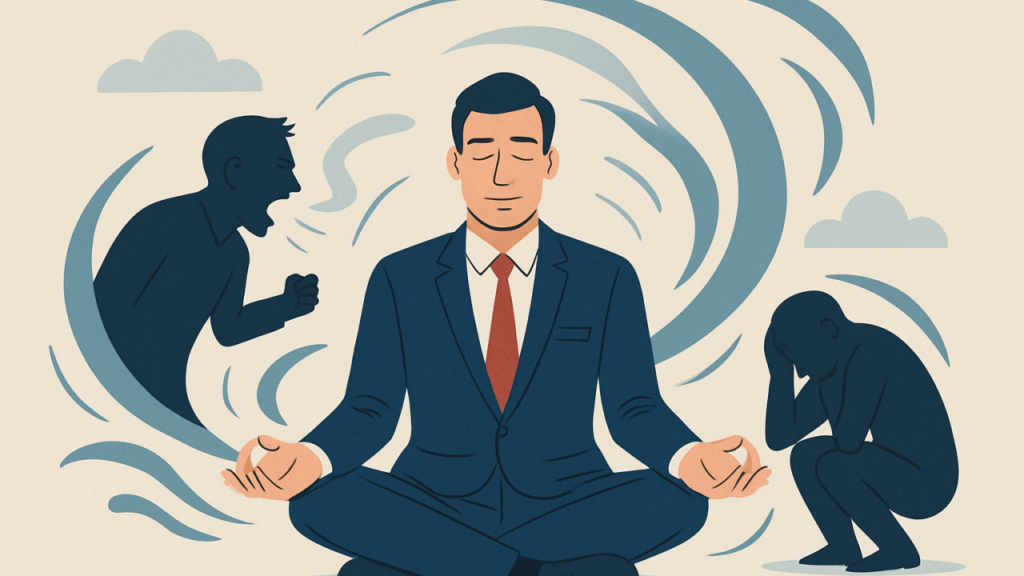1. Introduction Why Reclaiming Memory Matters
Reclaiming memory is more than remembering—it is about rediscovering how historical events shape identity, values, and inner consciousness. From wars to independence struggles, historical milestones mold not only nations but also individuals’ lives.
Graduate students, researchers, and everyday learners can all benefit from reconnecting with memory to understand who they are in a global, historical context.
2. Reclaiming Memory and Its Impact on the Inner World
Our inner world is built on a tapestry of experiences and stories passed down across generations. By reclaiming memory, we uncover hidden influences of history on emotions, decision-making, and resilience. This process brings clarity, empathy, and a stronger sense of cultural identity.
3. How Historical Events Shape Personal and Collective Identity
3.1 Childhood Encounters with History
Historical events witnessed in childhood—conflicts, migrations, or reforms—leave deep emotional imprints. They shape early ideas of justice, freedom, and resilience.
3.2 National Movements and Inner Growth
Independence struggles or civil rights movements inspire pride, activism, and personal transformation. Reclaiming such memories builds courage and leadership qualities.
3.3 Cultural Belonging Through Memory
Through festivals, traditions, and community rituals, memory strengthens cultural belonging. This connection gives individuals a sense of purpose and place in the world.
4. Storytelling as a Tool for Reclaiming Memory
Storytelling bridges past and present. By narrating experiences of war, migration, or survival, individuals transform historical trauma into lessons. Societies preserve their collective memory through museums, literature, and oral traditions.
5. Memory Trauma and Healing the Inner World
Reclaiming painful memories can be difficult, yet it is essential for healing and growth. Facing trauma transforms suffering into resilience, creating stronger individuals and communities. Therapy, memoir-writing, and cultural remembrance all contribute to this healing.
6. Generational Wisdom and Memory Preservation
Generations pass down wisdom through memory—family stories, traditions, and values. Preserving this heritage is vital in strengthening intergenerational identity. Losing memory risks breaking the chain of belonging.
7. Personal Reflections My Inner World of Memory
For me, major historical events are not distant they live inside my inner world. Stories of my grandparents’ struggles during migrations and my country’s triumphs have shaped my sense of justice, empathy, and resilience. By reclaiming these memories, I see myself not as an isolated individual, but as part of a historical continuum.
8. Education’s Role in Reclaiming Memory
Schools and universities are gatekeepers of memory. Curricula that highlight multiple perspectives—colonialism, revolutions, social movements—help students connect personal identity with history.
9. Global Examples of Historical Memory Preservation
- Holocaust Memorials in Europe – preserving the memory of resilience.
- Truth and Reconciliation in South Africa – reclaiming memory for healing.
- Partition Archives in South Asia – documenting migration and displacement.
- Indigenous Oral Traditions Worldwide – keeping history alive through storytelling.
Each example shows how reclaiming memory builds global empathy.
10. The Future of Reclaiming Memory in the Digital Age
Technology allows memory to be preserved globally through digital archives, podcasts, and virtual museums. Future generations can now access collective memory more widely than ever, strengthening cross-cultural understanding.
11. Challenges in Reclaiming Memory
- Political censorship of history
- Loss of oral traditions
- Trauma that resists remembering
- Generational gaps in storytelling
Despite challenges, reclaiming memory is an act of courage and resilience.
12. Tips for Students on Connecting Memory and Identity
- Interview family elders about their historical experiences.
- Keep a memory journal reflecting on heritage.
- Read memoirs and biographies from your cultural background.
- Visit museums and archives to connect personal and collective history.
13. Case Studies Nations Shaped by Historical Memory
- Germany: Post-war memory reshaped identity and education.
- South Africa: Reclaiming memory healed communities after apartheid.
- Pakistan & India: Partition memories continue to shape identity and migration stories.
These case studies prove how historical events shape the inner world of entire nations.
14. Frequently Asked Questions (FAQs)
Q1: What does “Reclaiming Memory” mean?
It means reconnecting with historical experiences to understand their impact on personal and collective identity.
Q2: Why is historical memory important?
It helps individuals and societies preserve culture, heal trauma, and strengthen resilience.
Q3: How can reclaiming memory heal trauma?
By facing and narrating the past, people transform pain into growth and empathy.
Q4: What role does education play?
Education helps reclaim memory by linking personal identity with historical narratives.
Table of Contents
- Introduction: Why Reclaiming Memory Matters
- Reclaiming Memory and Its Impact on the Inner World
- How Historical Events Shape Personal and Collective Identity
- 3.1 Childhood Encounters with History
- 3.2 National Movements and Inner Growth
- 3.3 Cultural Belonging Through Memory
- Storytelling as a Tool for Reclaiming Memory
- Memory, Trauma, and Healing the Inner World
- Generational Wisdom and Memory Preservation
- Personal Reflections: My Inner World of Memory
- Education’s Role in Reclaiming Memory
- Global Examples of Historical Memory Preservation
- The Future of Reclaiming Memory in the Digital Age
- Challenges in Reclaiming Memory
- Tips for Students on Connecting Memory and Identity
- Case Studies: Nations Shaped by Historical Memory
- FAQs
- Conclusion
15. Conclusion
Reclaiming memory is a journey of rediscovery. Major historical events shape not only nations but also our inner worlds of identity, resilience, and belonging. By embracing these memories, we heal, grow, and pass on wisdom to future generations. Memory is not just history—it is the heartbeat of who we are.

